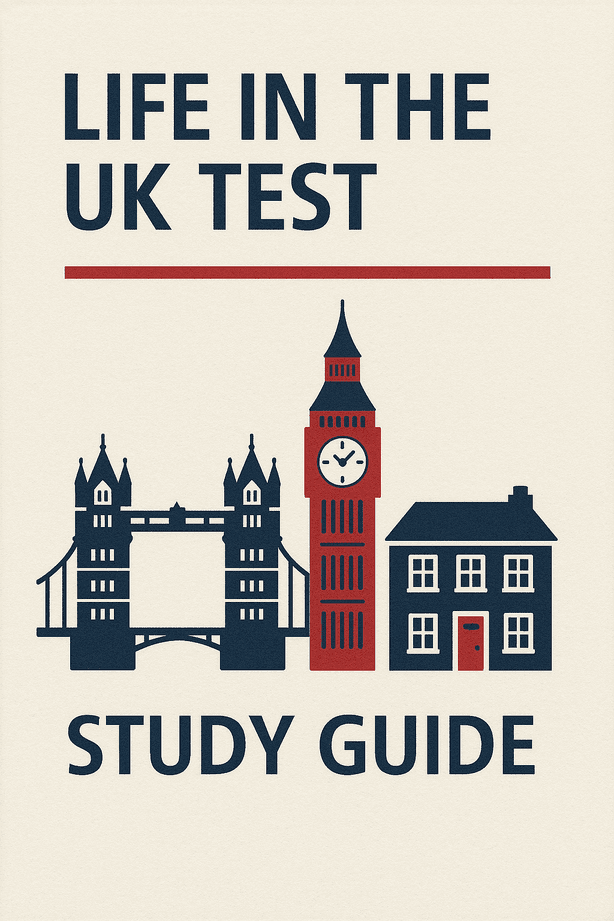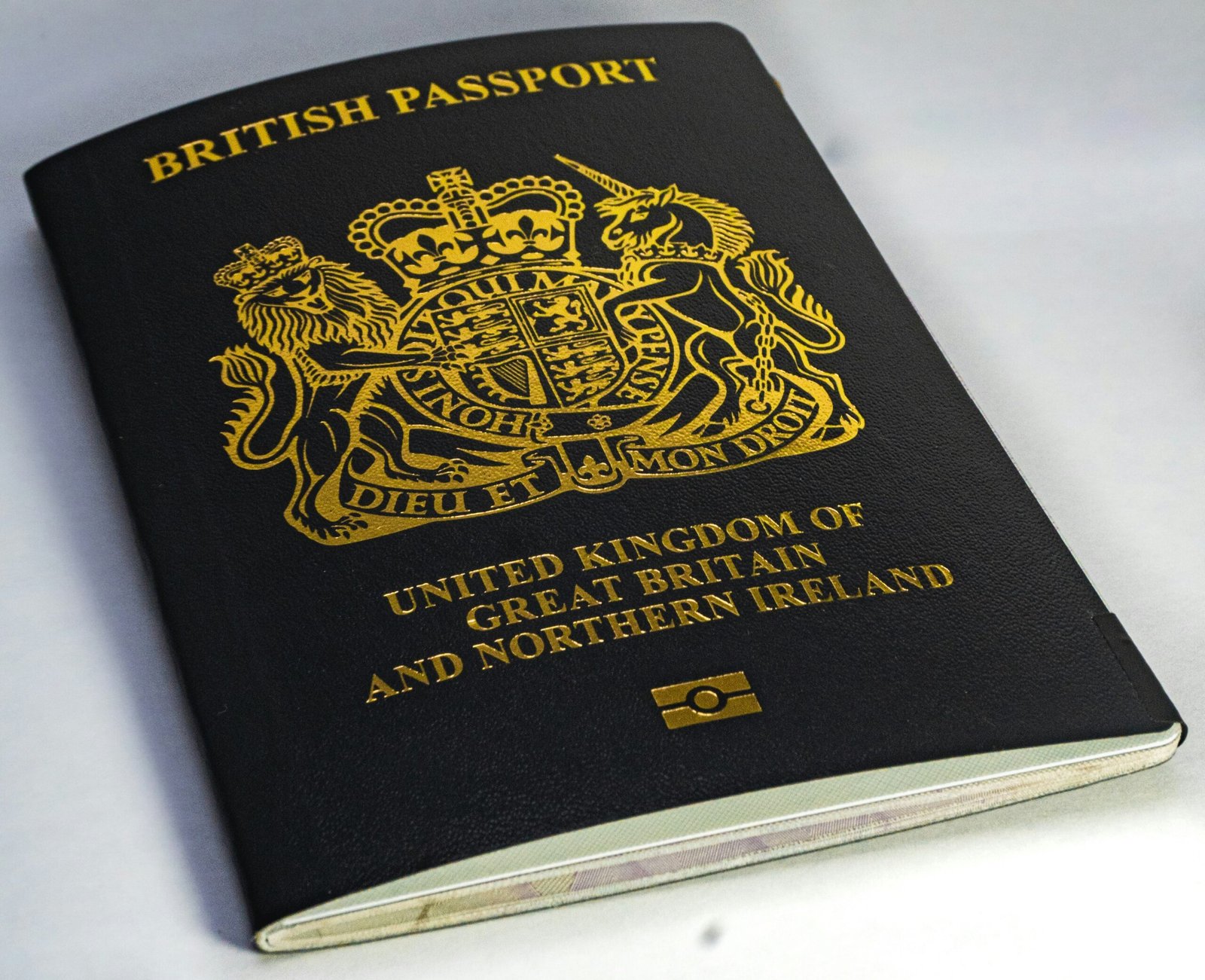Renting in the UK is a common way of life for many. While most landlord-tenant relationships are smooth, understanding the framework that governs them – primarily your tenancy agreement and your tenant rights – is your best defence if things ever go wrong.
What is a Tenancy Agreement?
Simply put, a tenancy agreement is a legal contract between you (the tenant) and your landlord (or letting agent acting on their behalf). It sets out the terms and conditions of your rental. It should always be in writing, and you should always get a copy.
It covers vital details like:
- The address of the property.
- The names of all tenants and the landlord/agent.
- The start and end dates of the tenancy (the ‘fixed term’).
- How much rent you pay and when it’s due.
- How much deposit you’ve paid.
- Who is responsible for repairs.
- Rules about pets, guests, or decorating.
The Most Common Type: Assured Shorthold Tenancy (AST)
For most private renters in England and Wales, your agreement will be an Assured Shorthold Tenancy (AST). This is the standard type, giving you certain rights and your landlord certain protections.
An AST usually means:
- You have exclusive possession of the property.
- The landlord lives elsewhere.
- Your rent is below £100,000 per year.
- It has a fixed term (e.g., 6 or 12 months), after which it can become a ‘periodic tenancy’ (rolling month-to-month).
Key Things to Look for in Your Tenancy Agreement
Before you sign anything, read it carefully! Don’t be afraid to ask questions.
- Rent and Payment Dates: Is the amount correct? When is it due? How often (weekly, monthly)? What payment method?
- Deposit Amount and Protection: How much is it? Crucially, does the agreement state which government-approved tenancy deposit scheme (TDP) your deposit will be protected in? This is a legal requirement for ASTs.
- Fixed Term Dates: When does the tenancy start and end? What happens at the end of the fixed term?
- Break Clause: Does the agreement include a ‘break clause’ that allows either you or the landlord to end the tenancy early (e.g., after 6 months of a 12-month contract)? If so, what are the notice periods?
- Repairs and Maintenance: Who is responsible for what? (Generally, the landlord is responsible for major repairs like heating, hot water, structure; tenants for minor upkeep).
- Notice Periods: How much notice do you need to give to end the tenancy, and how much notice does your landlord need to give you?
- Inventory: You should be provided with a detailed inventory of the property’s condition and contents at the start. Check it thoroughly and challenge anything you disagree with before you move in or very soon after. This protects your deposit!
- Any Special Clauses: Look for clauses about pets, sub-letting, guests, decorating, or smoking.
Your Core Rights as a UK Tenant (The Good Stuff!)
As a tenant in the UK, you have significant legal rights. Knowing these is your superpower!
-
Right to Live in a Safe and Well-Maintained Property:
- Your landlord must ensure the property is safe and fit for habitation. This includes gas safety checks (annual), electrical safety checks (every 5 years), working smoke alarms on each floor, and a carbon monoxide detector in rooms with a solid fuel burning appliance.
- They must fix most serious repair issues (e.g., heating, hot water, leaks, structural problems).
-
Right to Quiet Enjoyment:
- Your landlord (or agent) cannot enter your home without your permission, unless it’s a genuine emergency.
- They must give you at least 24 hours’ written notice before visiting for inspections or repairs.
-
Protection of Your Deposit:
- If you have an AST, your landlord must protect your deposit in one of three government-approved schemes within 30 days of receiving it: Deposit Protection Service (DPS), MyDeposits, or Tenancy Deposit Scheme (TDS).
- They must also provide you with ‘prescribed information’ about where your deposit is held.
- This protection ensures your deposit is returned at the end of the tenancy, unless there’s a valid reason for deductions (e.g., damage, unpaid rent). You can use the scheme’s dispute resolution service if you disagree with deductions.
-
Protection from Unfair Eviction:
- Your landlord can only evict you by following specific legal procedures, which usually involves serving proper notice and obtaining a court order.
- Illegal eviction (e.g., changing locks without notice, harassing you to leave) is a criminal offence.
-
Right to Challenge Unfair Fees and Charges:
- The Tenant Fees Act 2019 limits what landlords and letting agents can charge you in England.
- Permitted payments include rent, tenancy deposit (capped at 5 weeks’ rent for properties under £50,000 annual rent), a refundable holding deposit (capped at 1 week’s rent), default fees (e.g., for late rent or lost keys, with evidence), and charges for changes to the tenancy (e.g., adding a new tenant).
- Most other fees (e.g., referencing fees, check-in fees, professional cleaning fees) are banned.
-
Right to Be Informed:
- Your landlord must provide you with certain documents at the start of your tenancy, including:
- A copy of the Energy Performance Certificate (EPC).
- A copy of the Gas Safety Certificate (if applicable).
- A copy of the How to Rent Guide (the latest version).
- Your tenancy agreement.
- Your landlord must provide you with certain documents at the start of your tenancy, including:
Your Responsibilities as a Tenant (Playing Your Part)
It’s a two-way street! With rights come responsibilities.
- Pay Your Rent on Time: This is fundamental. Late payments can incur charges (if outlined in the agreement and reasonable) and jeopardise your tenancy.
- Look After the Property: Keep it clean, don’t cause damage, and use it in a ‘tenant-like manner’.
- Report Repairs Promptly: Inform your landlord or agent as soon as you notice a problem that is their responsibility (e.g., a leak, broken boiler). Don’t let it get worse.
- Don’t Cause a Nuisance: Be respectful of your neighbours and don’t cause excessive noise or disturbance.
- Adhere to the Agreement: Follow any reasonable clauses in your tenancy agreement (e.g., no pets if specified, not sub-letting without permission).
When Things Go Wrong: Dispute Resolution
If you have a problem with your landlord or agent, don’t panic. There are resources to help:
- Communication First: Try to resolve issues directly and calmly with your landlord or agent, always in writing (email is best).
- Tenancy Deposit Scheme (TDP) Dispute Resolution: If you disagree with deposit deductions, use the free dispute resolution service offered by your deposit protection scheme.
- Local Council: For serious issues like disrepair or harassment, your local council’s housing or environmental health department can often help.
- Housing Charity Advice: Organisations like Shelter or Citizens Advice offer free, expert advice on housing rights. They are invaluable resources!
- Landlord Redress Schemes: All letting agents and property managers in England must belong to a government-approved redress scheme (The Property Ombudsman or Property Redress Scheme). If you have a complaint they can’t resolve, these schemes can mediate.
Understanding your tenancy agreement and knowing your rights as a renter are crucial steps to having a secure and positive living experience in the UK. By being informed, you’ll be well-prepared to navigate any challenges and truly make your rented house feel like a home.












Leave a comment